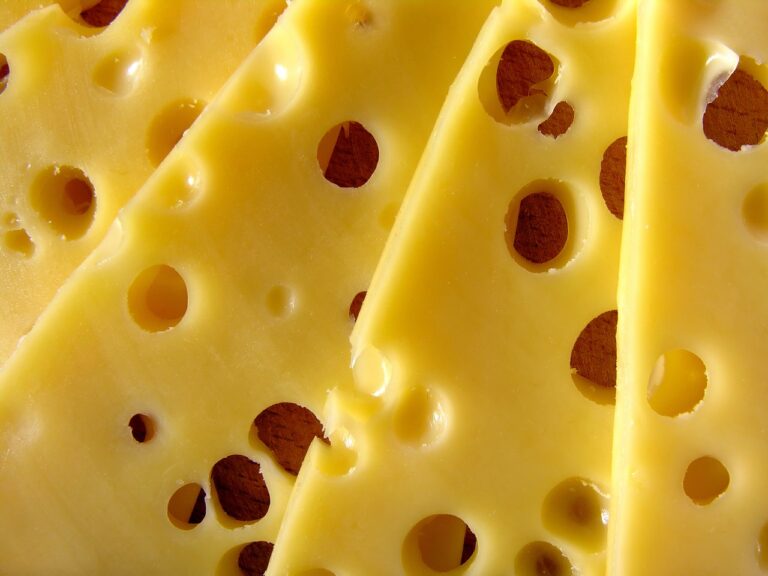Sustainable Feed Practices: Enhancing Efficiency and Environmental Impact
11xplay reddy login password, 24 betting login india sign up, skyinplay.com login:Sustainable Feed Practices: Enhancing Efficiency and Environmental Impact
For many years, the livestock industry has been under scrutiny for its environmental impact, particularly concerning feed practices. The production of feed for livestock can lead to deforestation, water pollution, and greenhouse gas emissions, among other environmental issues. However, there are sustainable feed practices that can help to enhance efficiency and reduce the industry’s environmental footprint.
In this article, we will delve into the importance of sustainable feed practices and explore some innovative solutions that are being implemented to address these challenges. From optimizing feed formulas to reducing waste, there are several strategies that can help improve efficiency and minimize the environmental impact of livestock production.
—
The Importance of Sustainable Feed Practices
Livestock farming is a significant contributor to global greenhouse gas emissions, with feed production accounting for a large portion of these emissions. The production of feed crops requires large amounts of land, water, and energy, which can lead to deforestation, soil degradation, and water pollution.
By adopting sustainable feed practices, farmers can reduce their environmental impact while enhancing the efficiency of their operations. Sustainable feed practices aim to minimize waste, optimize feed formulas, and promote the use of alternative feed sources to reduce the industry’s reliance on conventional feed crops.
—
Optimizing Feed Formulas
One of the key strategies for enhancing sustainability in livestock production is to optimize feed formulas. By carefully balancing the nutritional needs of animals with the availability of feed resources, farmers can improve feed efficiency and reduce waste.
For example, incorporating alternative protein sources such as insect meal or algae can help to reduce the industry’s reliance on soybeans and other conventional feed crops. These alternative feed sources are often more sustainable and can help to reduce the environmental impact of feed production.
—
Reducing Waste
Another important aspect of sustainable feed practices is reducing waste in livestock production. By carefully managing feed storage and distribution, farmers can minimize losses and improve feed efficiency.
For example, using feed bins or silos can help to protect feed from pests and spoilage, reducing the amount of feed that is wasted. Additionally, implementing feed management systems can help farmers to track and optimize feed usage, further reducing waste and improving efficiency.
—
Promoting Sustainable Agriculture
In addition to optimizing feed formulas and reducing waste, promoting sustainable agriculture practices can also help to enhance the sustainability of livestock production. By using cover crops, crop rotation, and other sustainable farming techniques, farmers can improve soil health, reduce the need for synthetic fertilizers, and enhance the resilience of their operations.
By promoting sustainable agriculture practices, farmers can help to reduce the environmental impact of feed production while also improving the quality of feed for their animals. This can lead to healthier, more productive livestock and a more sustainable livestock industry overall.
—
Implementing Innovative Solutions
There are several innovative solutions that are being implemented to enhance sustainability in livestock production. For example, some farmers are using precision feeding techniques to tailor feed rations to the specific nutritional needs of individual animals, reducing waste and improving efficiency.
Others are turning to vertical farming and hydroponics to produce feed crops in a more sustainable and resource-efficient manner. These innovative solutions are helping to revolutionize the livestock industry and drive towards a more sustainable future.
—
FAQs
Q: What are the key benefits of sustainable feed practices?
A: Sustainable feed practices can help to reduce the environmental impact of livestock production, improve feed efficiency, and promote sustainable agriculture.
Q: How can farmers optimize feed formulas?
A: Farmers can optimize feed formulas by carefully balancing the nutritional needs of animals with the availability of feed resources and incorporating alternative protein sources.
Q: What are some innovative solutions for enhancing sustainability in livestock production?
A: Some innovative solutions include precision feeding techniques, vertical farming, and hydroponics to produce feed crops in a more sustainable manner.
—
In conclusion, sustainable feed practices are essential for enhancing efficiency and reducing the environmental impact of livestock production. By optimizing feed formulas, reducing waste, promoting sustainable agriculture, and implementing innovative solutions, farmers can improve feed efficiency and promote a more sustainable livestock industry.
By working together to address these challenges, we can create a more sustainable future for livestock production and help to preserve our planet for future generations. Let’s continue to innovate and collaborate towards a more sustainable and efficient livestock industry.







